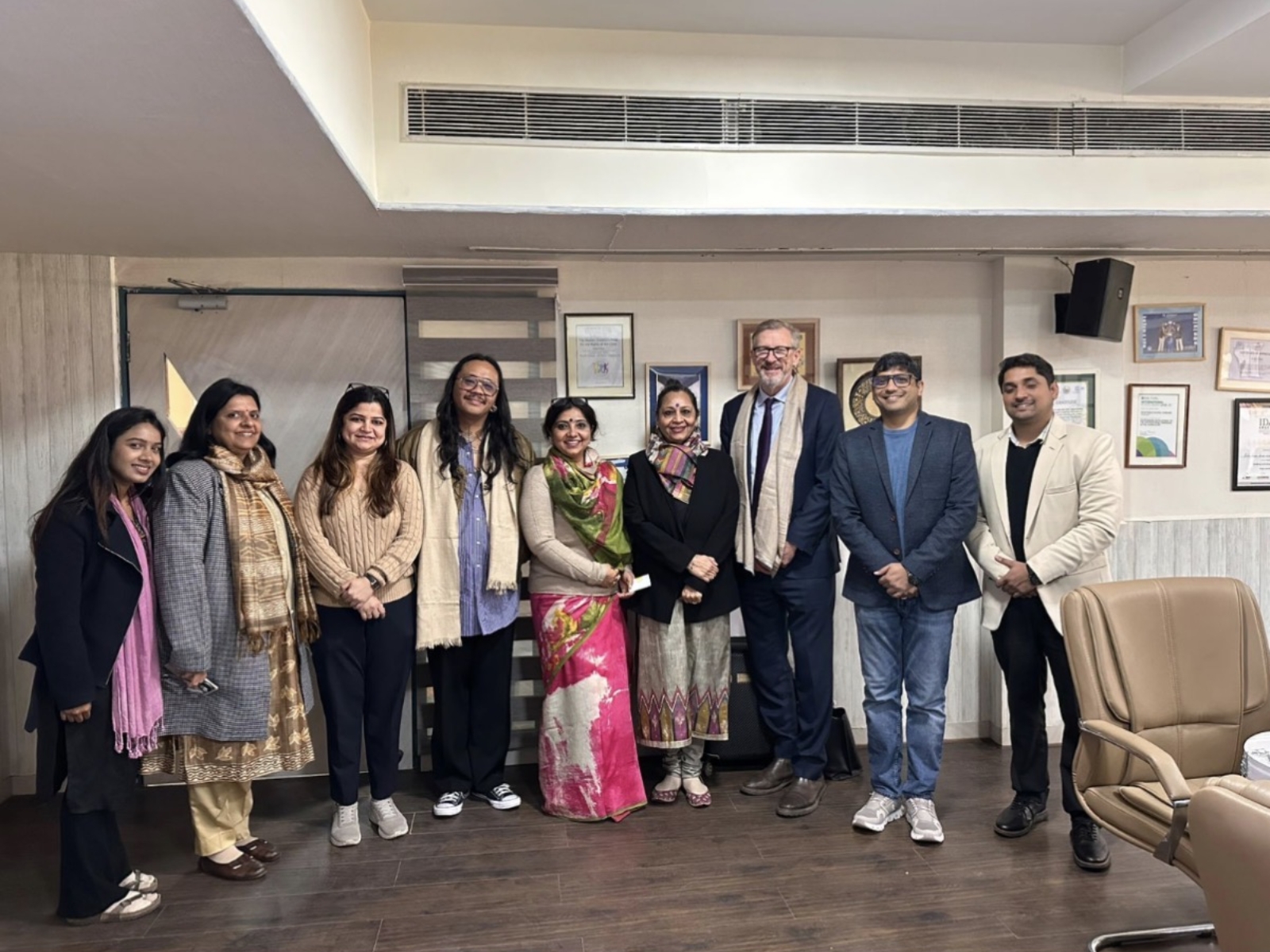Hegseth defends results of US strikes in push to win public opinion battle
Jun 27, 2025

Olympia [Washington] (USA), June 27: US Defence Secretary Pete Hegseth took the lectern at the Pentagon briefing room on Thursday morning with two goals. He wanted to present evidence of the success of the American attack on Iran's nuclear facilities, pushing back against a preliminary defence intelligence assessment that suggested the strikes were less effective.
And he wanted to berate the American media and paint their coverage of that preliminary report as unpatriotic and disrespectful to the "brave men and women" in the US military.
It was a briefing aimed at winning over divided public opinion on the attacks - and to satisfy an audience of one in the White House, who has been railing against the media coverage for days. The former goal is still in question, but the latter seems to have been a mission accomplished.
"One of the greatest, most professional, and most 'confirming' News Conferences I have ever seen!" Donald Trump wrote on Truth Social after Hegseth concluded.
During his half-hour briefing, Hegseth ticked through a range of intelligence information, although little of it was new.
He read from a Wednesday letter penned by CIA Director John Ratcliffe that claimed there was "intelligence from a historically reliable and accurate source/method that several key Iranian nuclear facilities were destroyed and would have to be rebuilt over the course of years".
He cited an earlier Israeli intelligence finding, detailed a recent statement by Iranian leaders and reviewed initial findings of "very significant damage" by the International Atomic Energy Agency.
After General Dan Caine, chair of the Joint Chiefs of Staff, provided information about the development and power of the "bunker buster bombs" used in the attack - including how they were used to repeatedly hit the ventilation shafts at Iran's Fordo facility - Hegseth told Americans to use their common sense when deciding whether the strikes were successful.
"Anyone with two eyes, ears and a brain can recognise that kind of firepower, with that specificity at that location and others is going to have a devastating effect," he said.
"You want to call it destroyed, you want to call it defeated, you want to call it obliterated, choose your words," he said. "This was a historically successful attack."
Source: Qatar Tribune









